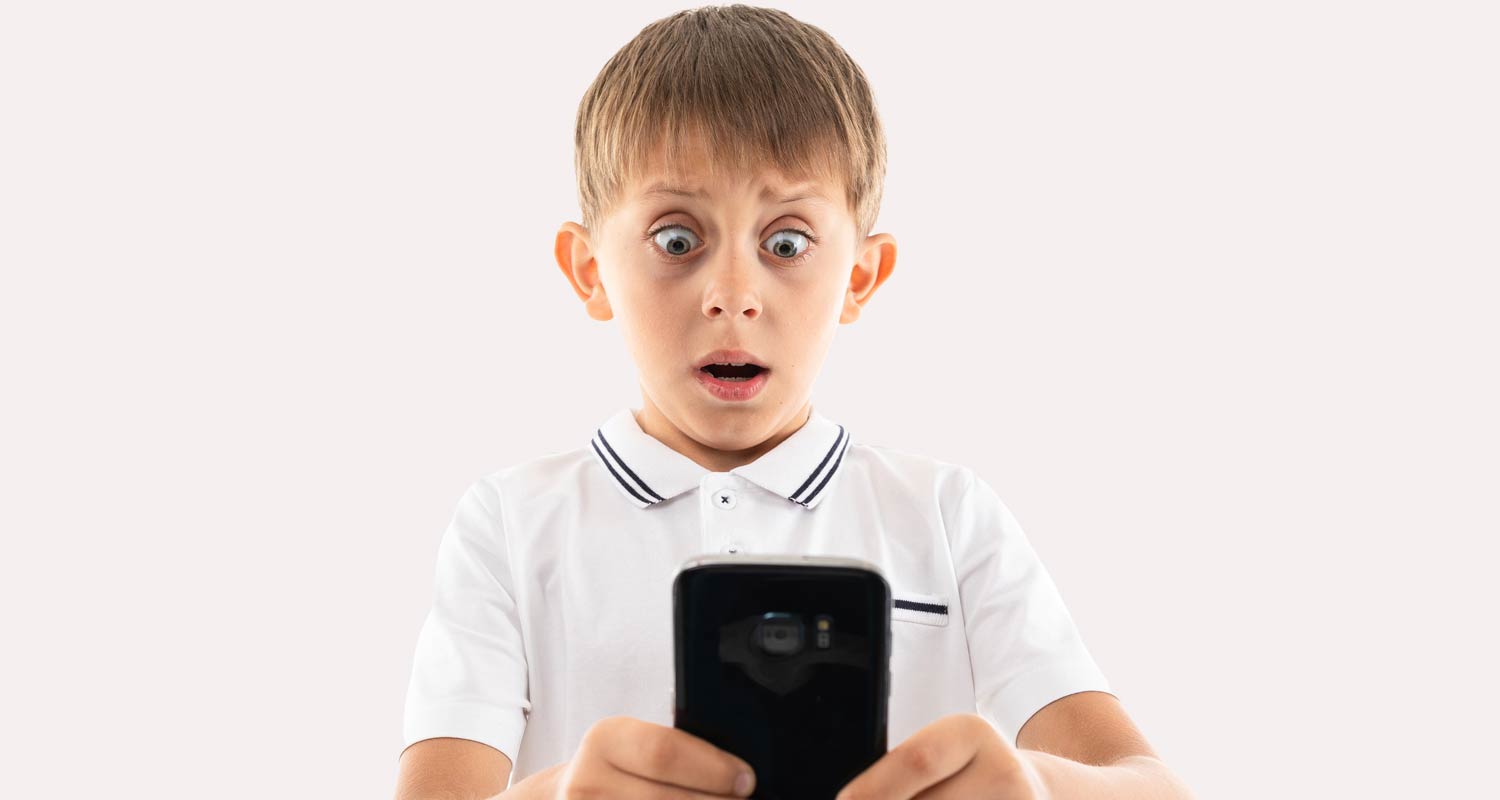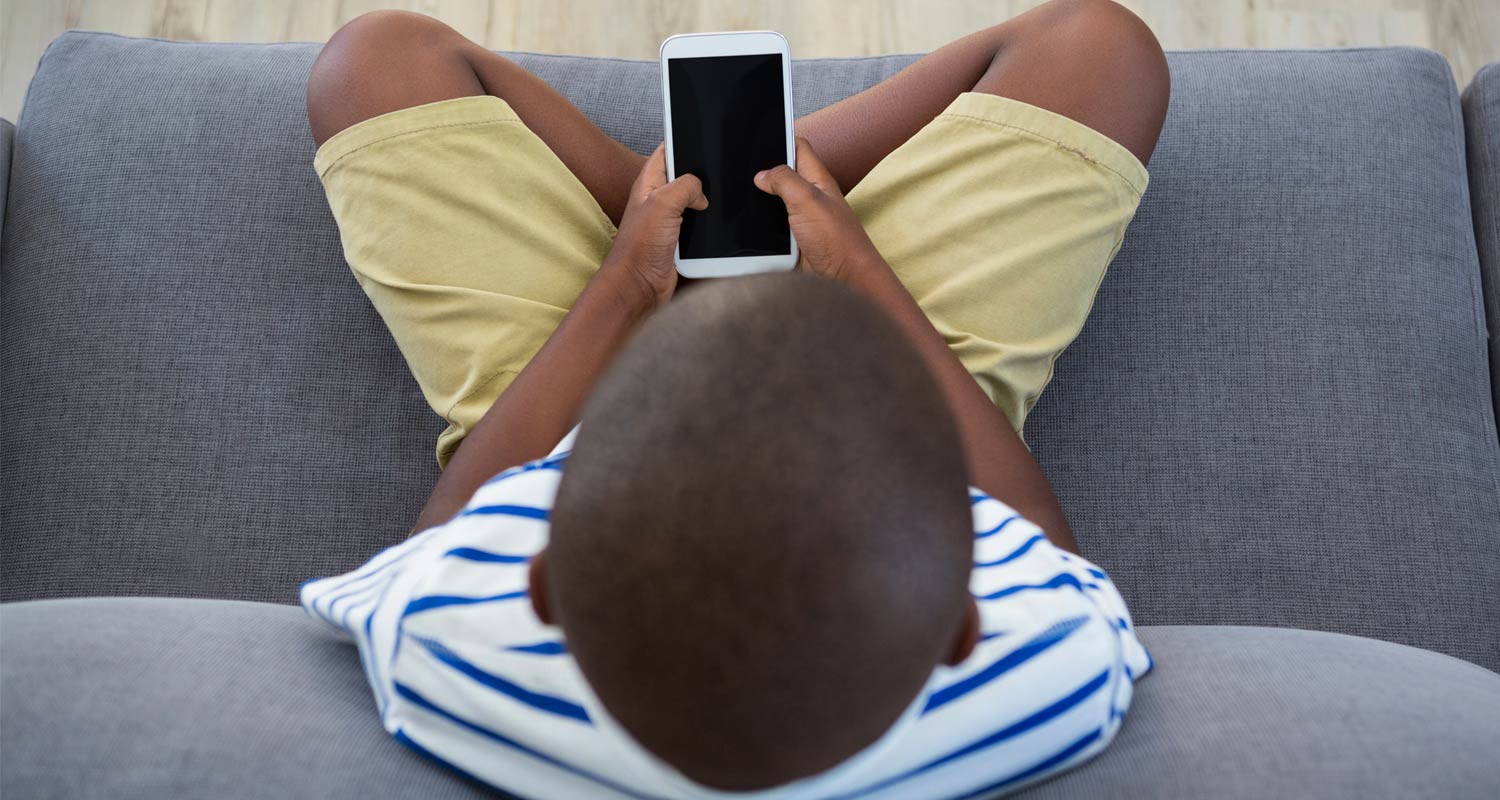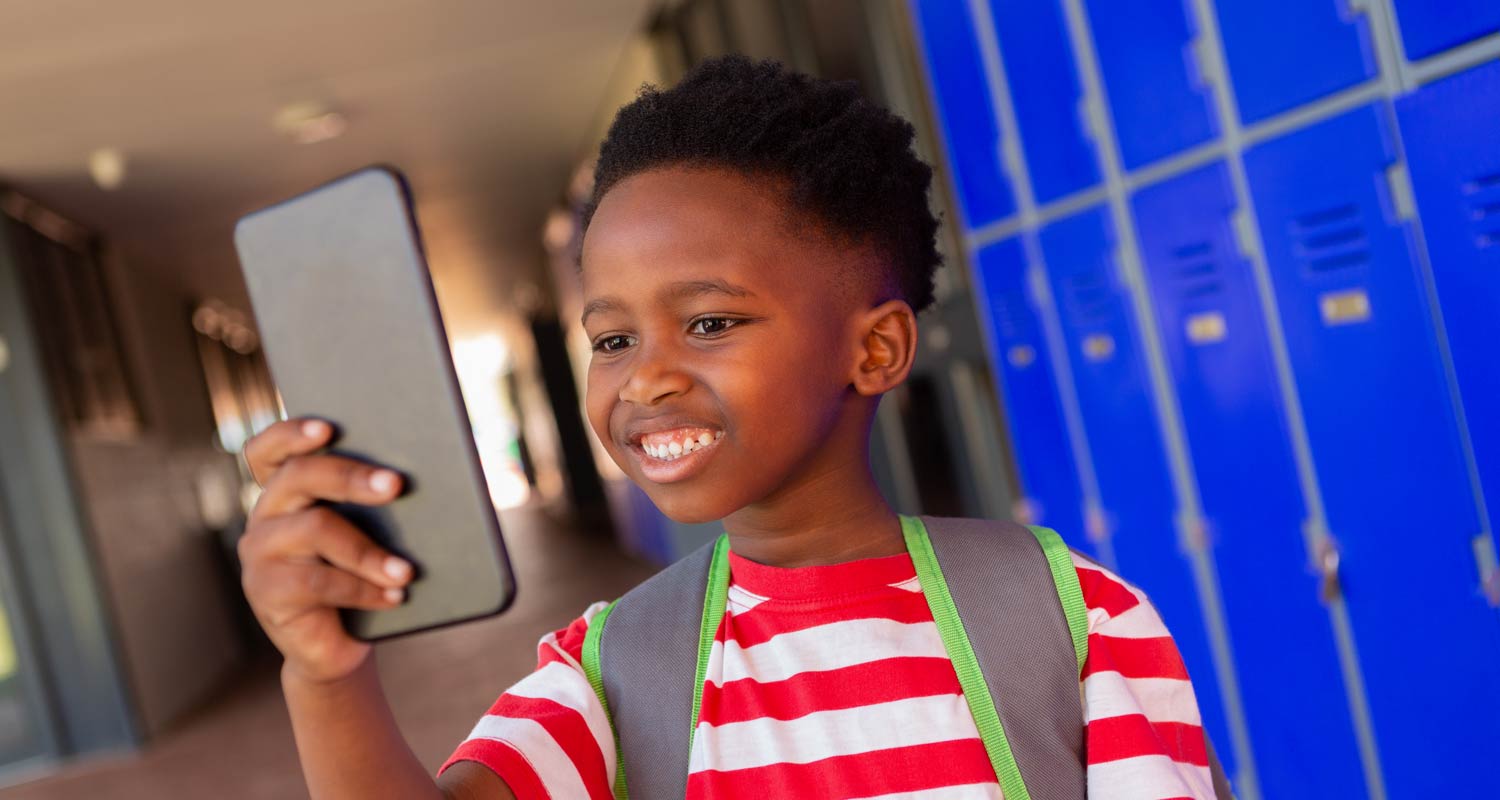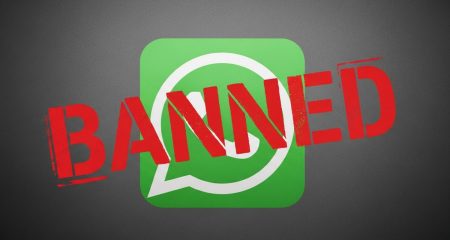 The Republican-controlled state government in Florida this week approved a bill banning children under 14 from social media and requiring 14- and 15-year-olds to get parental consent to access apps like Instagram and TikTok.
The Republican-controlled state government in Florida this week approved a bill banning children under 14 from social media and requiring 14- and 15-year-olds to get parental consent to access apps like Instagram and TikTok.
The state’s decision was based on the premise that children this age do not have the ability to know when they’re being sucked into addictive or harmful technology.
The lawmakers acknowledged that social media companies will sue the moment the bill is signed, and also that it will probably be challenged on free speech grounds under the first amendment of the US constitution.
Already, major social media platforms, including Facebook, TikTok, X and Instagram, require users to be over 13, but it’s not policed. And it’s certainly not in the interests of these platforms to chase away kids – after all, their business model is in eyeballs: the more the better!
And banning access will prove difficult. Many kids will simply lie about their age to get access, as many under the age of 13 already do.
But last year, the US surgeon general warned that “social media use is associated with harm to young people’s mental health and its misuse can increase the risk of children developing anxiety, depression and eating disorders”.
Are conditions in South Africa any different, and should this country be considering similar restrictions? It’s an interesting debate, and people’s views on it likely skew along ideological lines.
The internet era
More than 95% of children in South Africa have access to the internet regularly – and their online behaviour risks exposes them to online violence, exploitation and abuse, according to a Unicef study.
Some 70% of children surveyed by Unicef use the internet without parental consent, and 25% said they’d added people as contacts who they’d never met face to face. More than two-thirds (67%) of child participants who had seen sexual images were exposed to them online.
Without adult supervision, children may experience – or contribute – to cyberbullying, be exposed to content unsuitable for their age, encounter strangers with bad intentions, or expose their personal information to bad actors. Cases have been reported of young girls kidnapped by older men they met online, and the suicide of children as young as 13 who were cyberbullied by fellow pupils distributing private images via WhatsApp.
Read: Florida bans social media access by children
Anyone who knows a teenage girl will be aware of the social pressure inherent in photos being posted on social media sites and shared via chat apps. It’s not that boys are not subject to similar pressures, but body shaming and criticism of physical attributes and “social success” can play a pivotal role in a young girl’s life, all exacerbated by social media.
There are obvious positives to social media: it provides access to important information, allows self-expression, makes it easy to maintain friendships online and develop social connections, and keeps one connected to family and friends.
 But the internet has changed life fundamentally. There is no such thing as parents believing children or teens are “safe” because they are at home in their bedrooms: for all parents know, they could be following up on a cult invitation or being groomed by a sexual predator.
But the internet has changed life fundamentally. There is no such thing as parents believing children or teens are “safe” because they are at home in their bedrooms: for all parents know, they could be following up on a cult invitation or being groomed by a sexual predator.
Another problem with the internet is the way it can consolidate “confirmation bias” and reinforce misinformation. With the decline of traditional journalism where, ideally, all sides of an issue would be presented with facts and analysis to back up opinions, convenient gobbets of information or personal views are now presented as news on platforms like TikTok and X, to be easily digested by those who agree with them, and dismissed by those made uncomfortable by a different worldview. This affects adults as much as children, of course, and perhaps even more so.
Historically, professional journalism presented many sides of an argument. But the internet makes it all too easy to pander to polarised positions not located in facts that play to identity politics – and worse.
Many South Africans still have conservative values and believe in protecting children, including teens, against some of the dangers mentioned above, but there are problems inherent in internet safety.
The average parent has no idea of how to configure a firewall on a router, for example, to block dangerous content, and most kids are far more tech savvy than their parents.
So, is banning kids from social media the solution? Proponents of individual liberty will argue that governments and regulators have no right to interfere, that it’s the prerogative of parents and guardians to educate the young in their care about the dangers lurking online, including on social media. They would say that trust is the cornerstone of such relationships and that people must be allowed to make their own mistakes and learn from them, without regulation by the state or legislators.
The opposite side will argue that the internet has opened up far more sinister opportunities for harm, with serious personal, societal and even political consequences in some cases, which it is the responsibility of those in authority to prevent.
Double-edged sword
Nobody wants to think of themselves as a proponent of censorship, but what else but censorship is preventing kids from being exposed to things on social media that they really shouldn’t be?
On the other hand, no parent ever envisaged themselves sitting in a police station as their child is processed for a mass shooting at school (planned and discussed online beforehand, in most cases); or wondering how their child, raised in protected suburban circumstances, found the information and support to join a terrorist group.
These are not fanciful examples.
Read: SA entrepreneur builds global app to protect kids online
The parents of US Michigan school shooter Ethan Crumbley, 15, will stand trial this year for their alleged role in his attack. Jennifer and James Crumbley have pleaded not guilty to four counts of involuntary manslaughter in connection with the 2021 mass shooting at Oxford High School – but they are accused of making the gun accessible and failing to recognise warning signs on their son’s social media accounts.
Shamima Begum was a pupil in Bethnal Green in the UK when she entered Syria to join the Islamic State terrorist group at the age of 15. She was recruited online, her parents reportedly oblivious to what was happening, and now lives in al-Roj detention camp in Syria, stripped of her British citizenship.
 While these are extreme examples, they offer a cautionary tale. For most, the biggest concern may be cyberbullying, or toxic marketing material, or exposure to obscenity or violent images.
While these are extreme examples, they offer a cautionary tale. For most, the biggest concern may be cyberbullying, or toxic marketing material, or exposure to obscenity or violent images.
Still the question of regulating teens’ social media access is not a simple or frivolous one. It is fraught with complex philosophical questions. It is a double-edged sword to which there are no easy answers. — © 2024 NewsCentral Media
- Sandra Laurence is a journalist at TechCentral and has taught in private schools in South Africa




